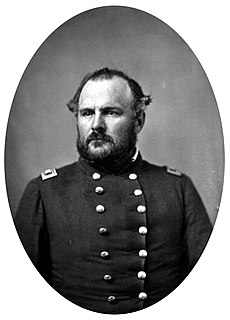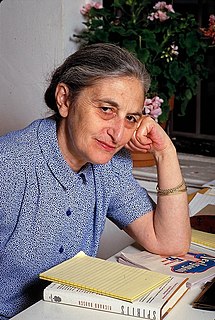A Quote by John Chivington
Damn any man who sympathizes with Indians! [...] I have come to kill Indians, and believe it is right and honorable to use any means under God's heaven to kill Indians.
Related Quotes
We need to give out portrayal of ourselves. Every non-Indian writer writes about 1860 to 1890 pretty much, and there is no non-Indian writer that can write movies about contemporary Indians. Only Indians can. Indians are usually romanticized. Non-Indians are totally irrepsonsible with the appropriation of Indians, because any time tou have an Indian in a movie, it's political. They're not used as people, they're used as points.
Suddenly the land is haunted by all these dead Indians. There is this new fascination with the Southwest, with places like Santa Fe, New Mexico, where people come down from New York and Boston and dress up as Indians. When I go to Santa Fe, I find real Indians living there, but they are not involved in the earth worship that the American environmentalists are so taken by. Many of these Indians are interested, rather, in becoming Evangelical Christians.
We know from our recent history that English did not come to replace U.S. Indian languages merely because English sounded musical to Indians' ears. Instead, the replacement entailed English-speaking immigrants' killing most Indians by war, murder, and introduced diseases, and the surviving Indians' being pressured into adopting English, the new majority language.
One of the prime backers of land bill was a Republican Congressman, a Paul Gosar. And when he was challenged by an Apache on this bill, he said, well, you know, Indians are wards of the federal government. This happened recently.That congressperson is obviously stuck in the 19th century when he thinks about Indians. How is that person going to legislate and treat Indians fairly and respect their rights when he has this sort of infantilized image of Indians as not being, you know, up to the same level of responsibility as everybody else?
They [American Indians] never did straight-up fights. It wasn't about, you know, getting killed in the line of fire. It was all ambush, ambush, ambush, and you ambush somebody, and then you take the scalps, and you - even though scalping wasn't created by the American Indians. It was created by the white man against Indians, and they just took it and claimed it.
All I try to do is portray Indians as we are, in creative ways. With imagination and poetry. I think a lot of Native American literature is stuck in one idea: sort of spiritual, environmentalist Indians. And I want to portray everyday lives. I think by doing that, by portraying the ordinary lives of Indians, perhaps people learn something new.































